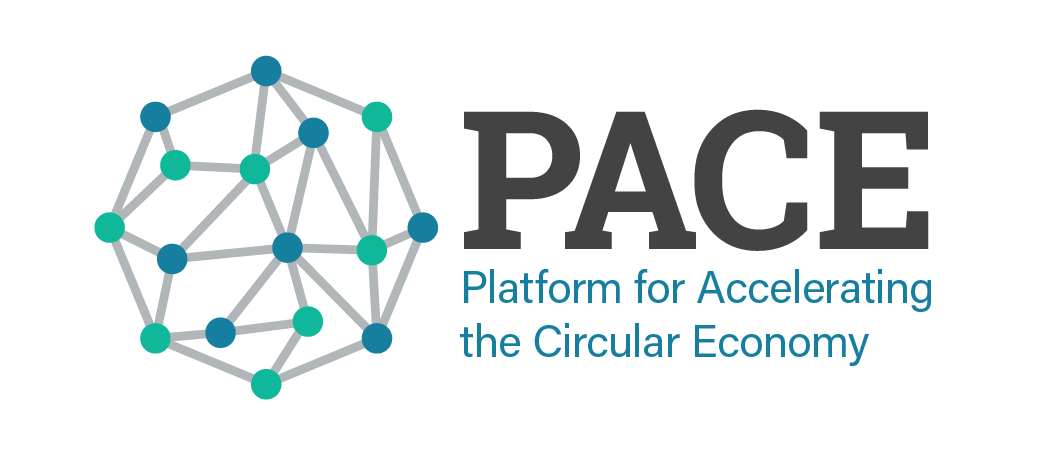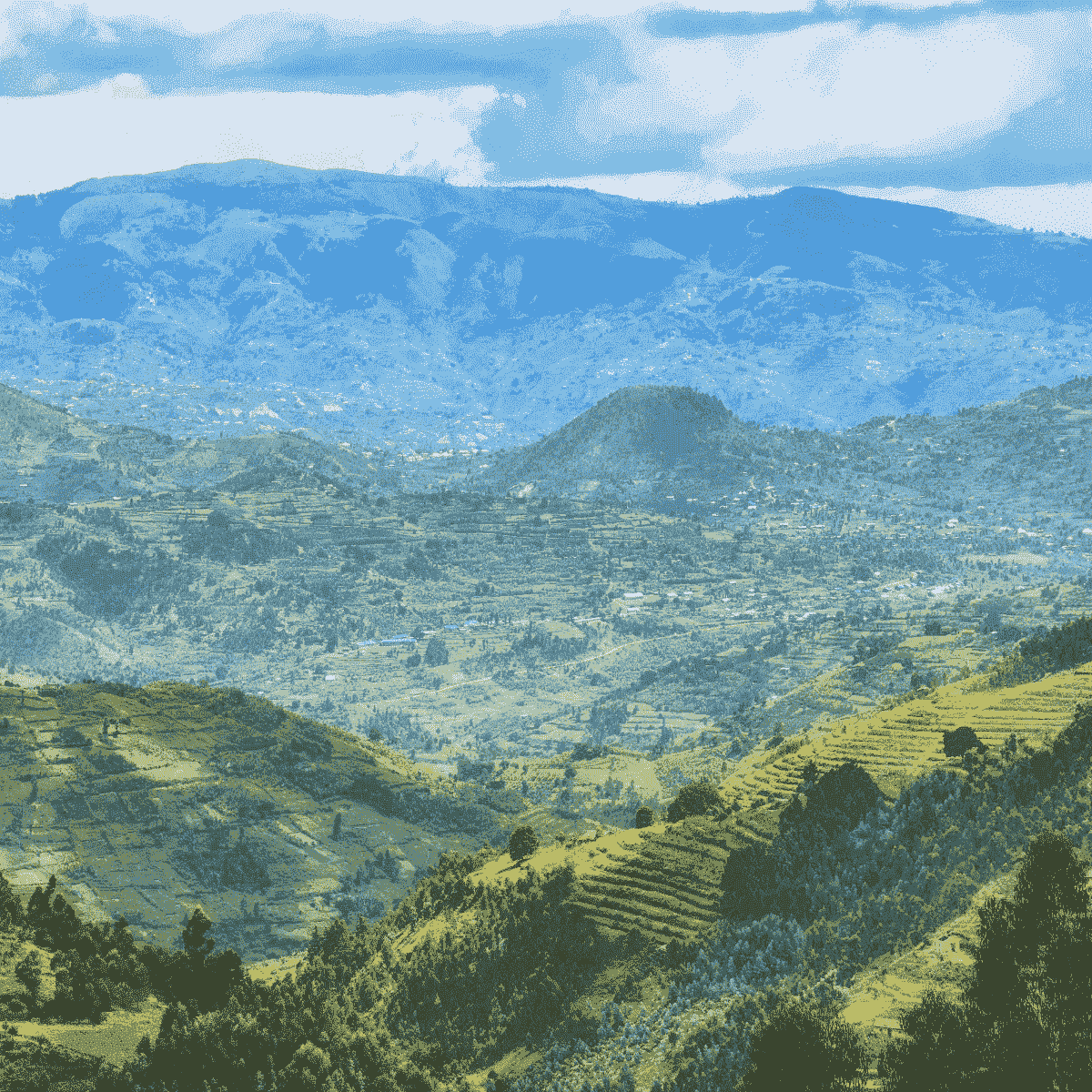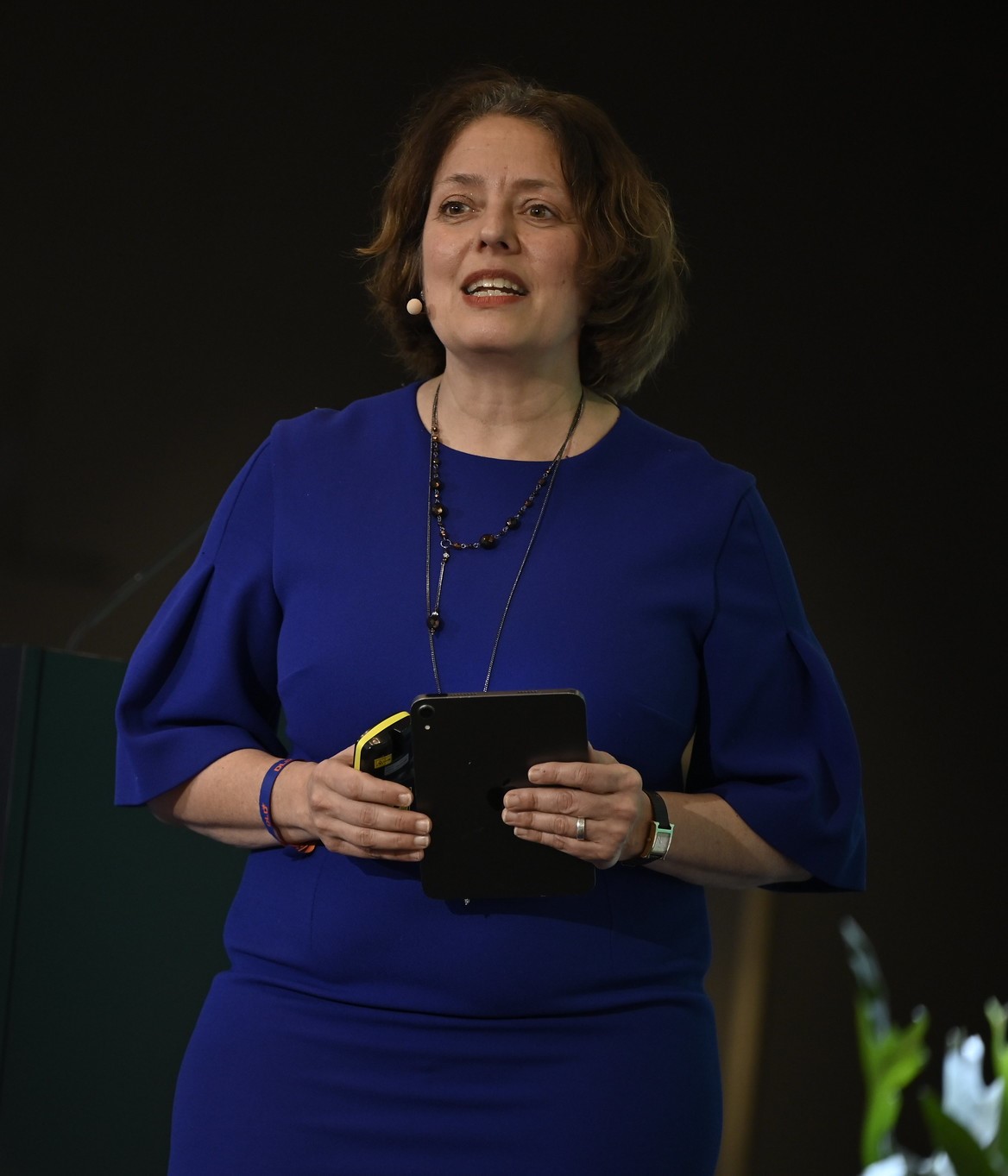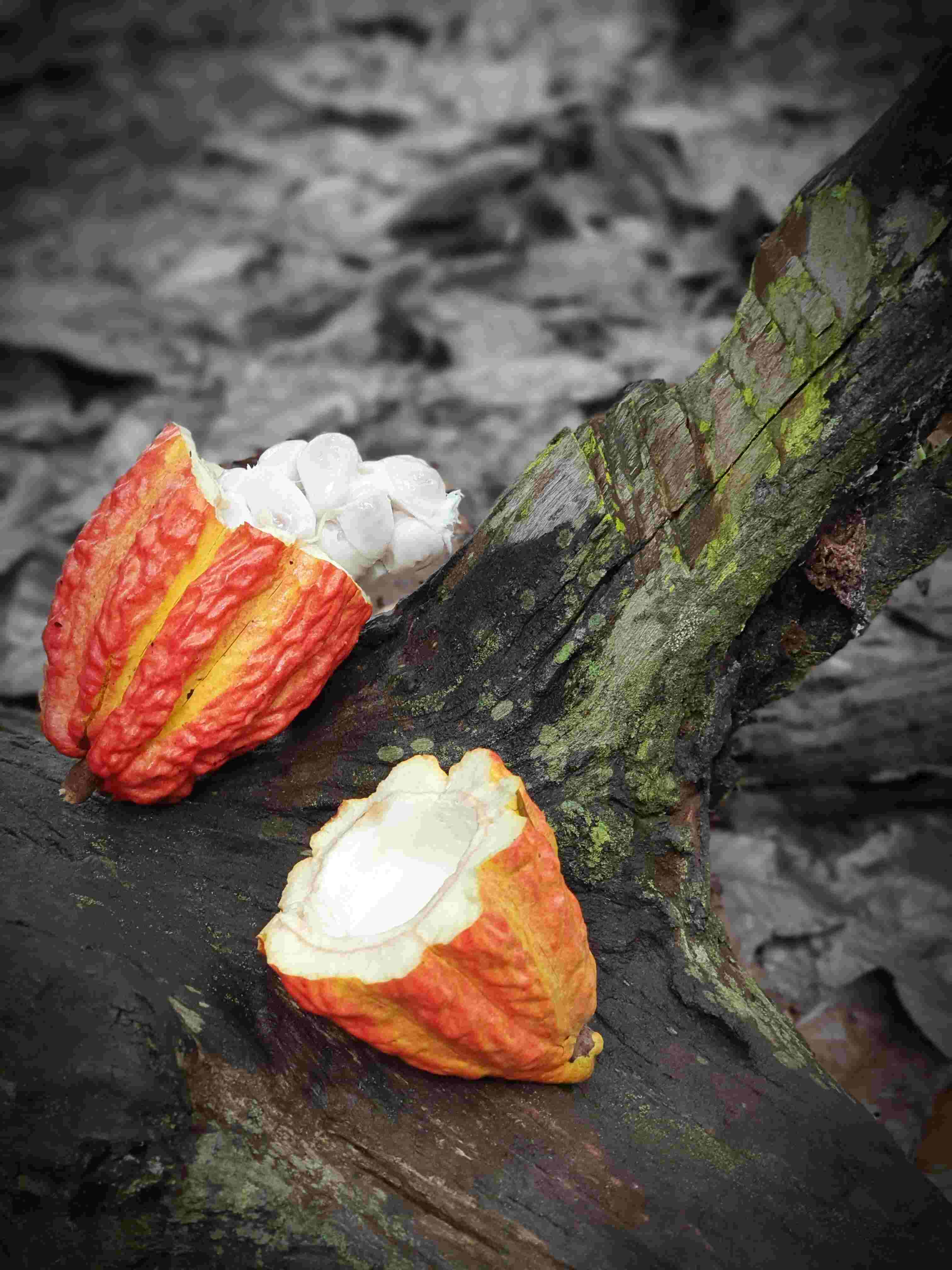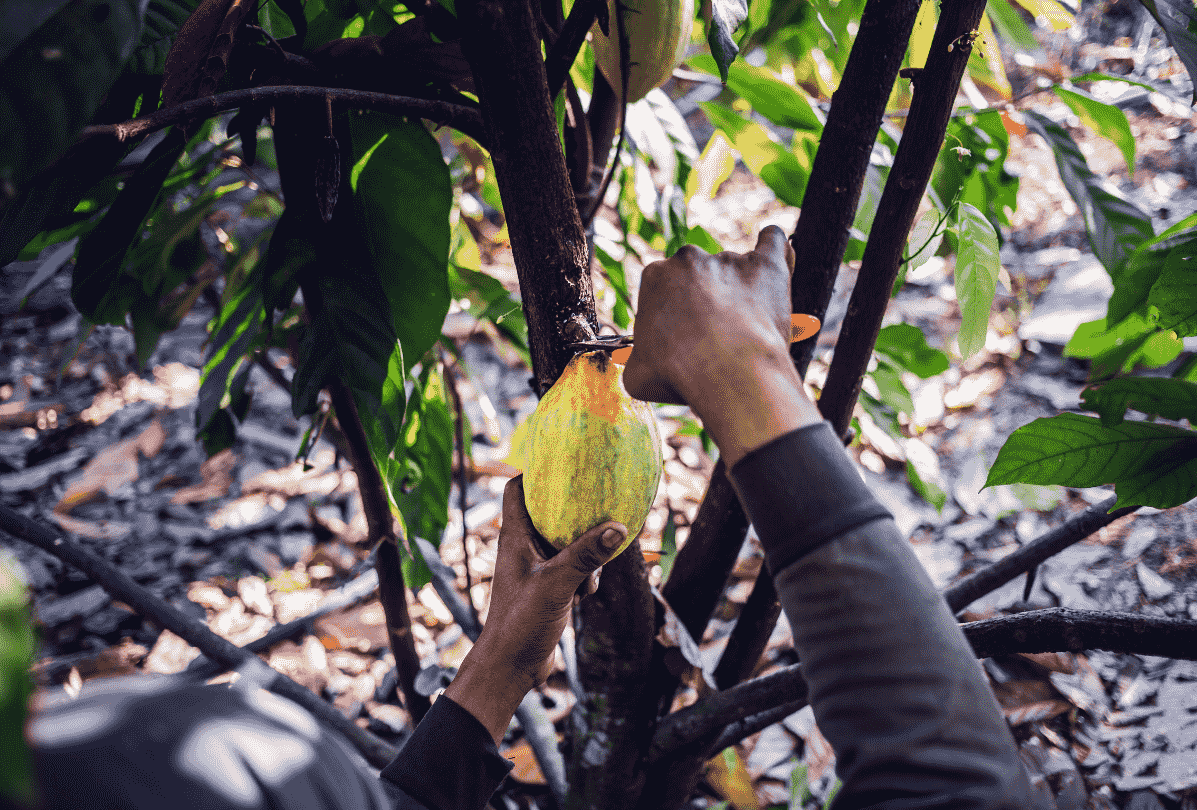DLD Circular Munich: A Summary Digest
Article subtitle
PACE Executive Director, Ramona Liberoff, reports back from an exciting day of circular discussion at the second DLD Circular conference in Munich.
PACE Executive Director, Ramona Liberoff, reports back from an exciting day of circular discussion at the second DLD Circular conference in Munich.
Ramona Liberoff attended the second DLD Circular Conference in Munich last week presenting the audience with Postcards from the future, an exploration of what the fifth industrial revolution may look like from the perspective of circularity. The conference was the first time DLD has hosted a circularity-specific event in person and participants included a broad spectrum of innovators, leaders, and visionaries across the circular economy sector. The organizers have consolidated the day’s events in a useful summary. Here are some of PACE’s key takeaways from the conference.
Circular Economy rooted in Munich
Martijn Lopes Cardozo, CEO of Circle Economy, unveiled an upcoming circular economy gap report for Munich, aligning with Mayor Katrin Habenschaden's commitment to position Munich as a leader in recycling and urban design and planning. This reflects Munich's dedication to sustainability beyond mere recycling.
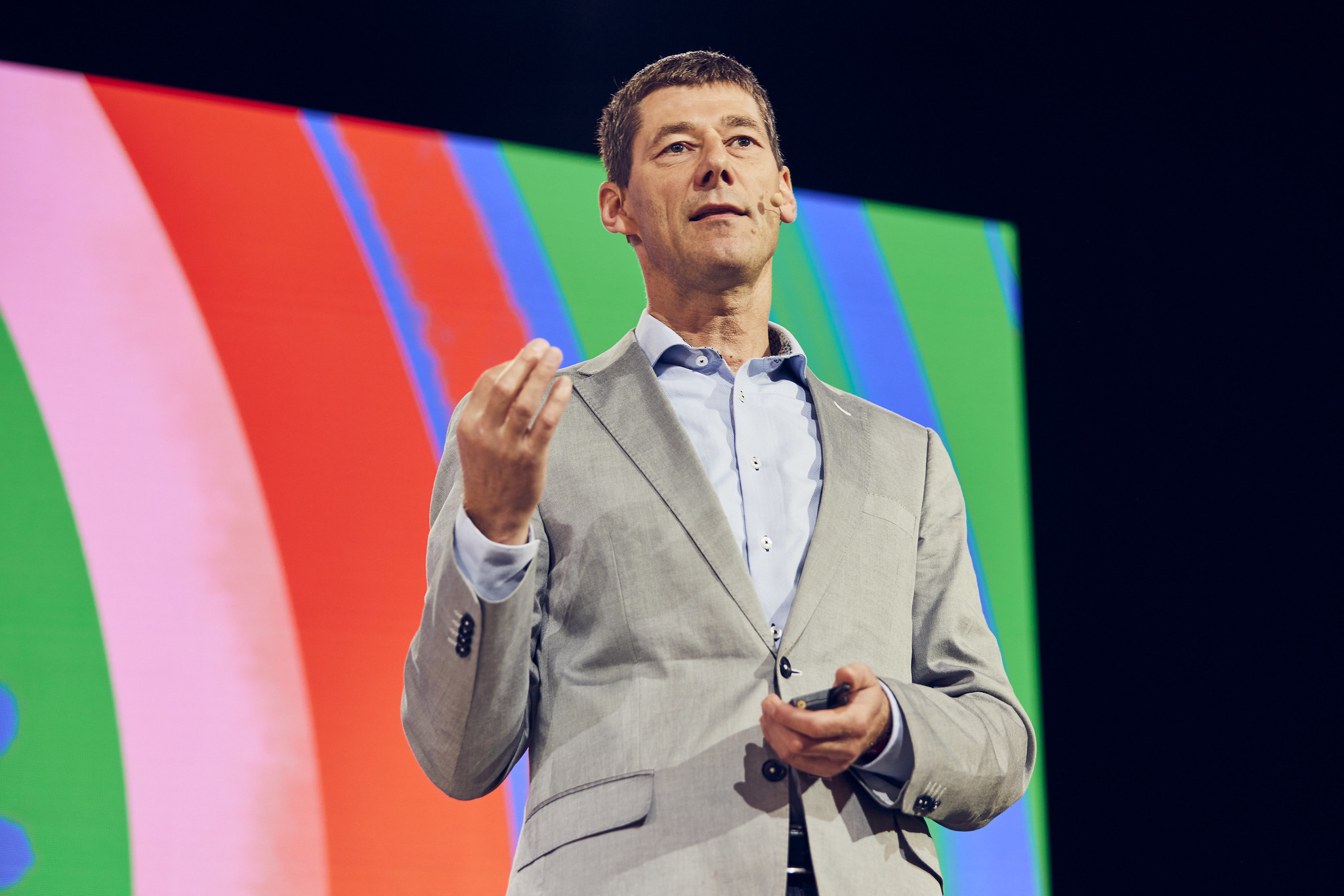
Biodiversity Awareness and local specificity
Steffi Czerny, Founder and Managing Director of DLD, emphasized the importance of local biodiversity by challenging attendees to identify native species in Munich. Her message underscores the need to understand and appreciate our surroundings before enacting change.
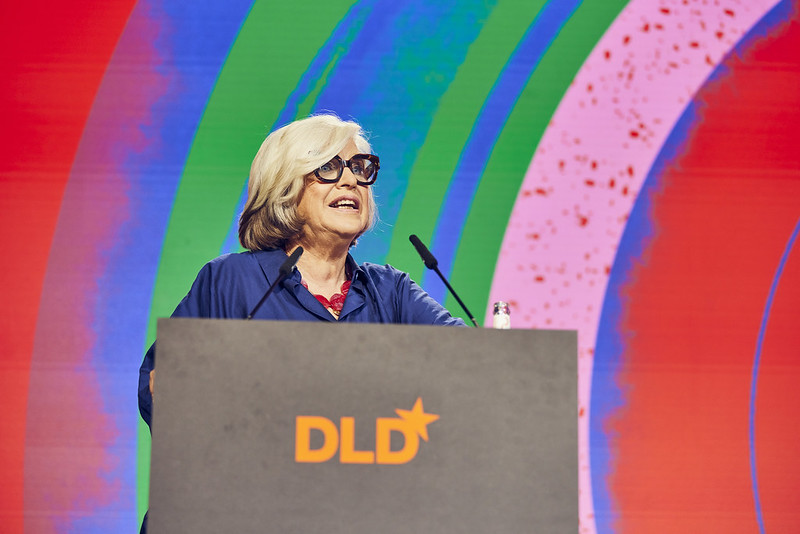
Collaborative Change in the Fashion Industry
Katrin Ley from Fashion for Good shared her strategy of aligning stakeholders and bridging investment, policy, and innovation in the fashion sector. Her approach resonates with the conference's focus on systemic change, particularly in fashion.
Innovative Redesign
Participants engaged in a dynamic workshop led by IDEO, exploring the concept of 'redesigning everything.' The session, facilitated in partnership with the Ellen MacArthur Foundation, encouraged unconventional thinking, such as involving customers in supply chains.
Diverse Networking
Ramona had meaningful discussions with a diverse group, including innovators, business professionals, investors, and media representatives. This diversity of attendees highlights the richness of insights and perspectives at the conference.
DLD on the move
The integration of AI and Circularity at the conference, though potentially premature, demonstrates DLD's ambition to evolve beyond a technology-focused event into a platform for shaping a better world through technology. This shift was well-received by the audience.
Summary
The DLD Circular conference in Munich on September 6th showcased leadership in the circular economy raised awareness about local biodiversity, promoted a collaborative change in the fashion industry, encouraged innovative redesign thinking, facilitated diverse networking opportunities, and signalled DLD's evolution toward a broader mission of creating a better world through technology.
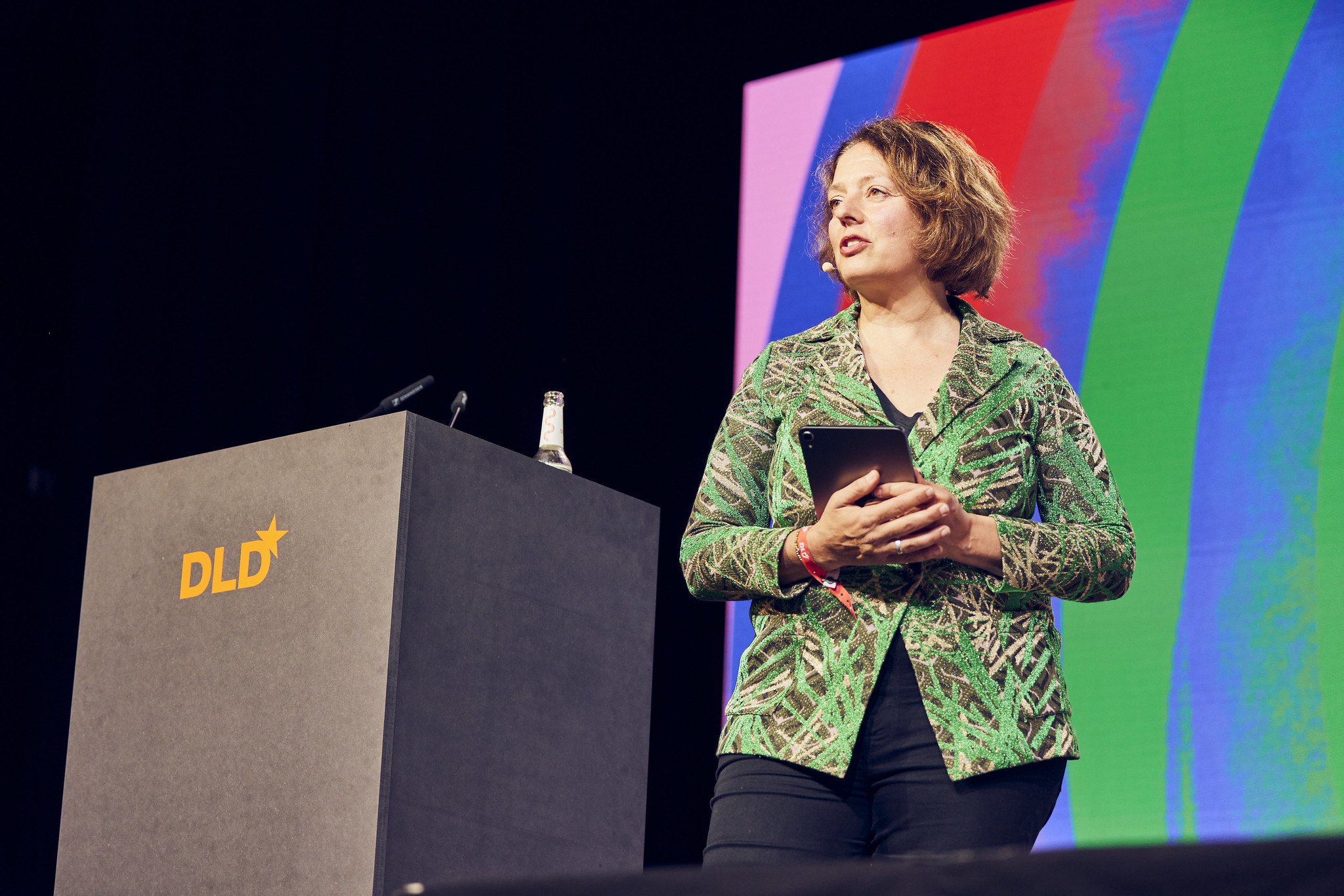
Highlights from Ramona’s presentation: Will the fifth industrial revolution be circular? Postcards from the Future.
Watch the full talk here
‘A circular economy is the natural outgrowth of thinking in systems: recognizing that everything is connected and affects everything else. The choices we make and the ethics we bring to those choices lead us to very different places.
We treat the factory and the supply chain that brings materials to it and products away from it as if they are completely disconnected. The circular economy, if it turns up at all in the conversation, is usually about the end of life: perhaps about sourcing recycled materials instead of primary, or how to prolong the life of expensive machinery, or how to dispose or somehow reconstitute the fossil fuel-based products that makeup plastic and textiles of fast fashion.
The fifth industrial revolution gives us the invitation and the challenge to reconnect the virtual and the physical worlds, the human and technological worlds, and somehow allow for regenerative practices and efficiencies. Imagine networks of production that incorporate material flows and source locally as much as possible, regenerative methods that respect and contribute back to the local ecosystem.’ Ramona Liberoff, Executive Director, PACE.
